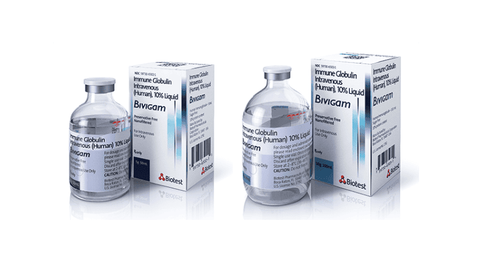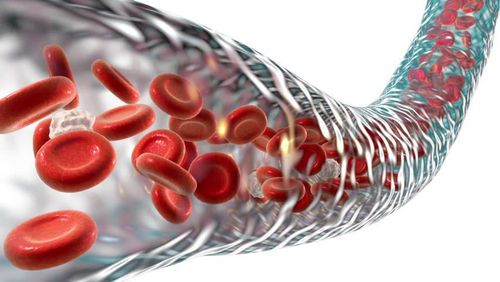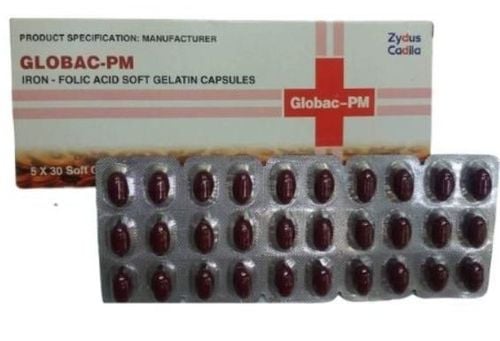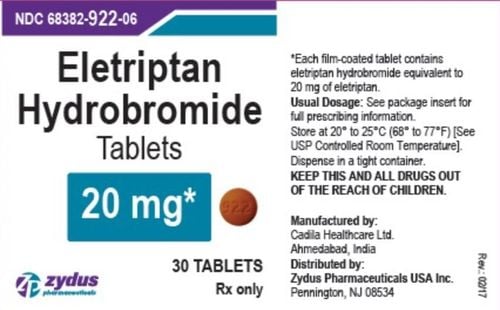This is an automatically translated article.
The article was professionally consulted by Specialist Doctor II Ho Viet Le Diem - General Internal Medicine - Department of Examination & Internal Medicine - Vinmec Central Park International General Hospital.When going for a general health check or suspecting abnormal signs, doctors often order patients to have blood tests. From the biochemical indicators of blood, the doctor can diagnose a number of risks and diseases. So what diseases can blood tests detect?
1. What is a blood count test for?
In fact, it is not only when there is a disease in the body that the blood test procedure is performed. Most people need to have a regular physical examination, and a blood test is one of the tests that should be done, along with parameters such as weight, height, BMI, blood pressure. Blood tests make it easier for doctors to monitor and evaluate health conditions and at the same time detect many diseases or disorders related to blood test parameters.Blood test results also tell you your blood type, for example blood group A, B, O, AB, so that you can determine the method of blood transfusion and related problems. In addition, with the advancement of medicine today, blood tests also contribute to detecting many dangerous diseases at an early stage. From there, doctors can help patients receive timely treatment, increase the chance of recovery, and avoid long-term complications.
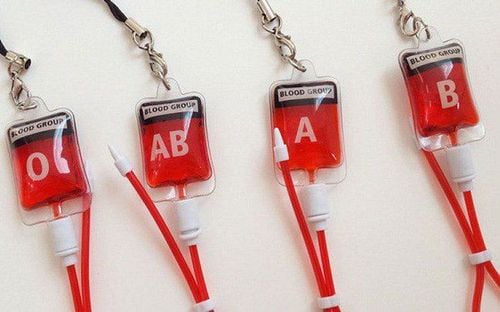
Xét nghiệm máu cho bạn biết nhóm máu của mình
2. What diseases can blood tests detect?
Many diseases can be detected through blood biochemical indicators:2.1. Diseases of blood and blood components
A comprehensive blood test is capable of “indicating” blood diseases and disorders related to blood components, such as anemia, inflammation, parasitic diseases, clotting problems, even blood cancer and immune disorders. These diseases are diagnosed by the doctor through blood tests:Checking the red blood cells: Red blood cells are responsible for carrying oxygen from the lungs to the rest of the body. Abnormal levels of red blood cells can be a sign of anemia, dehydration, bleeding, or other disorders of the red blood cells. Check white blood cells: This is a blood chemistry indicator important for the immune system, which protects the body against infection and disease. An abnormal white blood cell count can be a sign of an infection, blood cancer, or an immune system disorder. Check platelets: Performing an important role in blood clotting, platelets are responsible for healing wounds on blood vessel walls and stopping bleeding. Abnormal platelet levels can cause bleeding disorders (not enough platelets to clot) or thrombocythemia (blood clots). Hemoglobin (Hb): An iron-rich protein, found in red blood cells, is an important component that helps transport oxygen. Abnormal hemoglobin levels can be a sign of anemia, sickle cell anemia, thalassemia syndrome, or other blood disorders. If the patient has diabetes, excess sugar in the blood has the potential to bind to hemoglobin and lead to increased levels of hemoglobin A1c (HbA1c). Hematocrit (Hct): The volume of red blood cells, or the percentage of red blood cells present in a unit of blood. The hematocrit level is an important blood test parameter. A high hematocrit means you are dehydrated. A low hematocrit level is likely a sign of anemia. Abnormalities in Hct readings can also be a sign of a blood or bone marrow disorder. Mean red blood cell volume (MCV): Abnormal MCV levels can be a sign of general anemia or ischemia.
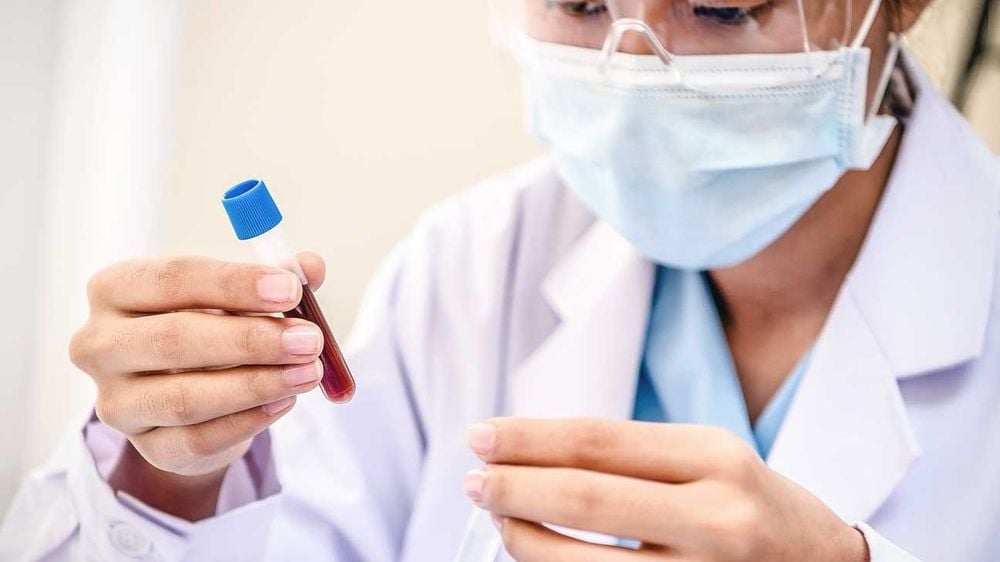
Các chỉ số sinh hóa máu giúp bác sĩ chẩn đoán các rối loạn về máu
2.2. Diseases related to blood sugar
A blood test shows how much sugar (glucose) is in your blood. Excessive blood sugar can be a sign of diabetes.For a blood test that requires glucose measurement, the doctor will ask the operator to fast before drawing blood to measure fasting blood sugar. In addition, some other blood glucose tests are done after a meal or at any time without prior preparation.
2.3. Diseases related to blood calcium
Calcium is an important mineral for the body. However, blood calcium levels that are too high or too low can be a sign of kidney problems, bone problems, thyroid disease, cancer, malnutrition or some other disorder.2.4. Diseases related to electrolyte balance
Electrolytes (including sodium, potassium, bicarbonate and chloride...) are essential blood test parameters, which help maintain fluid levels and balance acidity in the body.Abnormal electrolytes can be a sign of dehydration, kidney disease, liver disease, heart failure, hypertension or other disorders.
2.5. Kidney diseases and kidney function
Blood tests for kidney function measure blood urea nitrogen (BUN) and creatinine levels. Both of these components are waste products that the kidneys filter out of the body. If the test results show that these two parameters are abnormal, it is most likely a sign of kidney disease or kidney dysfunction.2.6. Diseases related to enzyme activity
Enzymes help control and catalyze chemical reactions in the body. There are many tests that check for enzymes, but enzymes in the blood are often used to diagnose a heart attack.2.7. Damaged muscle and heart cells
Troponin is a protein that causes muscle contraction. When muscle or heart cells are damaged, troponin leaks out and into the bloodstream, resulting in elevated blood troponin levels.For example, blood troponin levels are elevated when you have a heart attack. Therefore, doctors often order a troponin blood test when a patient has chest pain or other signs of a heart attack.
2.8. Risk of heart disease and dyslipidemia
Blood tests help doctors determine the risk of coronary heart disease in patients through blood test parameters related to cholesterol:Bad cholesterol levels: The accumulation of bad cholesterol causes blockages in the blood vessels. blood, causing atherosclerosis. Good cholesterol: This type of cholesterol reduces blockages in the arteries. Triglycerides: A type of fat found in the blood. Abnormal cholesterol and triglyceride levels indicate an increased risk of coronary heart disease. For a blood test to look for these components, the operator will need to fast for 9-12 hours before the test to ensure accuracy.

Nên xét nghiệm máu định kỳ mỗi 6 tháng
Blood test is one of the tests performed in the General Health Checkup packages at Vinmec International General Hospital in addition to other tests. The package of health screening and general health examination of Vinmec International General Hospital is completely different from performing a regular health check. The program is scientifically and practically designed to approach your entire health condition, and at the same time, early detection, timely intervention and treatment in order to minimize the complications of diabetes. Critical illnesses threaten your life.
Please dial HOTLINE for more information or register for an appointment HERE. Download MyVinmec app to make appointments faster and to manage your bookings easily.




